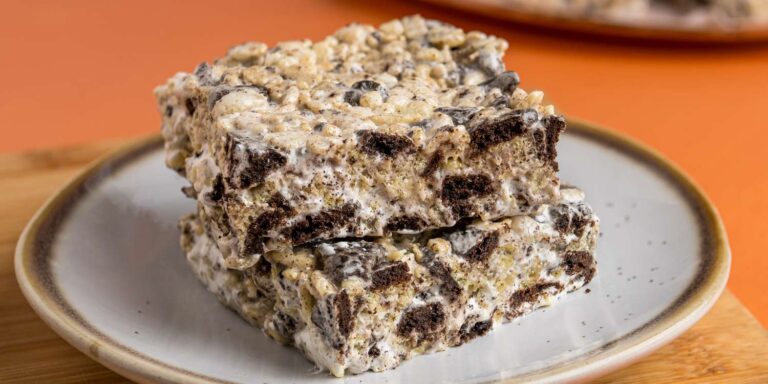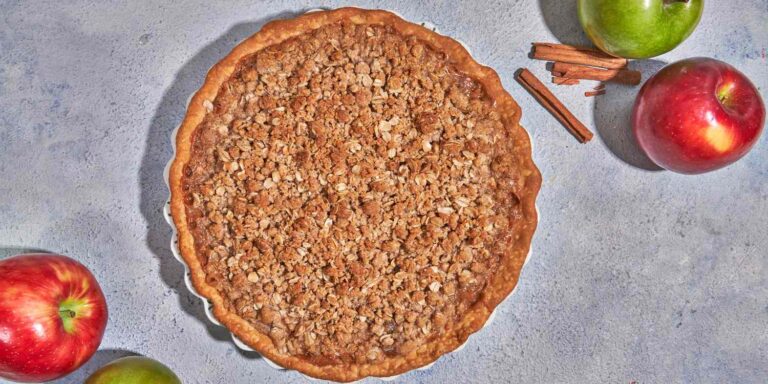Coconut Milk Ice Cream Recipe »Deliciously Creamy Coconut Milk Ice Cream: A Dairy-Free Delight for Every Sweet Tooth »
Nutrition Facts and Diet Considerations for Recipes
When exploring new recipes, knowing the nutritional value is essential for maintaining a balanced diet. Understanding portion sizes and how they fit into daily caloric needs can assist in making healthier choices.
Understanding Nutritional Values
Importance of Daily Values
Nutritional information is commonly represented as a percentage of Daily Values (DV). For most people, these values are based on a 2,000 calorie diet. However, individual caloric needs can vary, making it critical to adjust based on personal health goals.
- Caloric Intake Variations:
- Active individuals may need more calories.
- Those on weight-loss plans may require fewer.
Role of Nutrients in Your Diet
While not all ingredients come with detailed nutrient data, understanding the general contributions of key nutrients can enhance your cooking experience. Here are some essential nutrients to consider:
- Proteins: Essential for muscle repair and growth.
- Carbohydrates: The body’s primary energy source.
- Fats: Important for hormone production and nutrient absorption.
Nutritional Disclaimers to Keep in Mind
Ingredient-Specific Nutrient Information
Some ingredients may not have readily available nutritional data. When cooking, it’s wise to keep this in mind:
- Using Reliable Resources: Always refer to trusted nutritional databases for accurate information.
- Consultation with Experts: If you’re uncertain about particular ingredients, reach out to a registered dietitian.
Special Dietary Needs
For those with specific dietary restrictions, it is crucial to be cautious. If you’re following a medically restricted diet, always consult with a healthcare professional before trying new recipes.
How to Adjust Recipes for Nutritional Needs
Modifying Ingredients
Making tweaks to recipes can help meet individual nutritional requirements:
-
Replacing High-Calorie Ingredients:
- Opt for Greek yogurt instead of sour cream.
- Use whole grain instead of white flour.
- Lowering Sugar Content:
- Enhance sweetness with natural alternatives like honey or fruit.
Portion Control
Understanding portions can significantly impact daily caloric intake. Consider these tips for effective portion management:
-
Use Measuring Tools:
- Invest in measuring cups and spoons.
- Visual Guides:
- Familiarize yourself with common portion sizes to avoid overeating.
Conclusion: Navigating Nutritional Information
Incorporating nutritional facts into your cooking is an crucial step towards healthier eating. By understanding daily values, adjusting recipes, and consulting with experts when needed, you can enjoy delicious meals that align with your health goals.
Final Thoughts
Cooking should be a joyful experience. With the right knowledge about nutrition, you can make informed choices that benefit your overall well-being. Embrace the journey of healthy eating and savor every bite!







